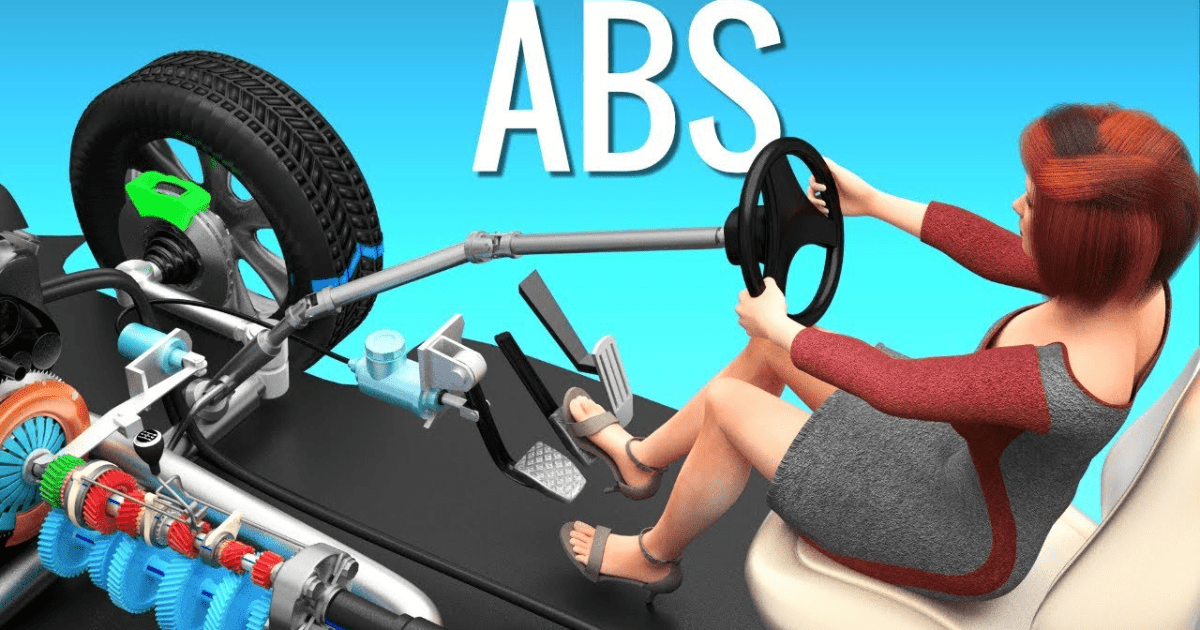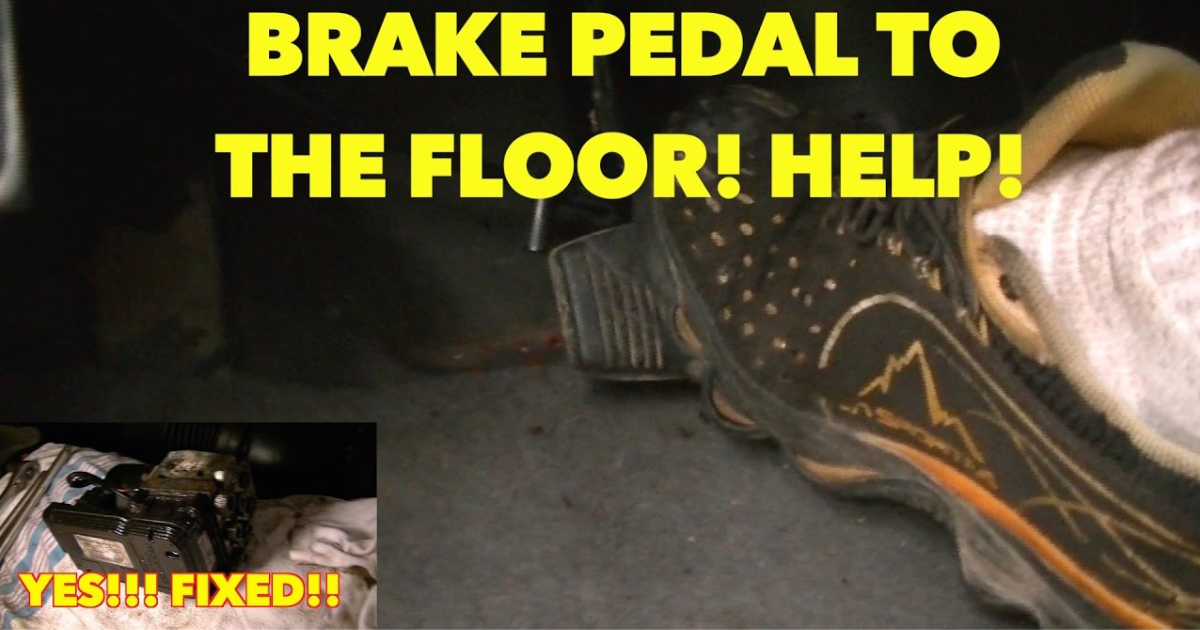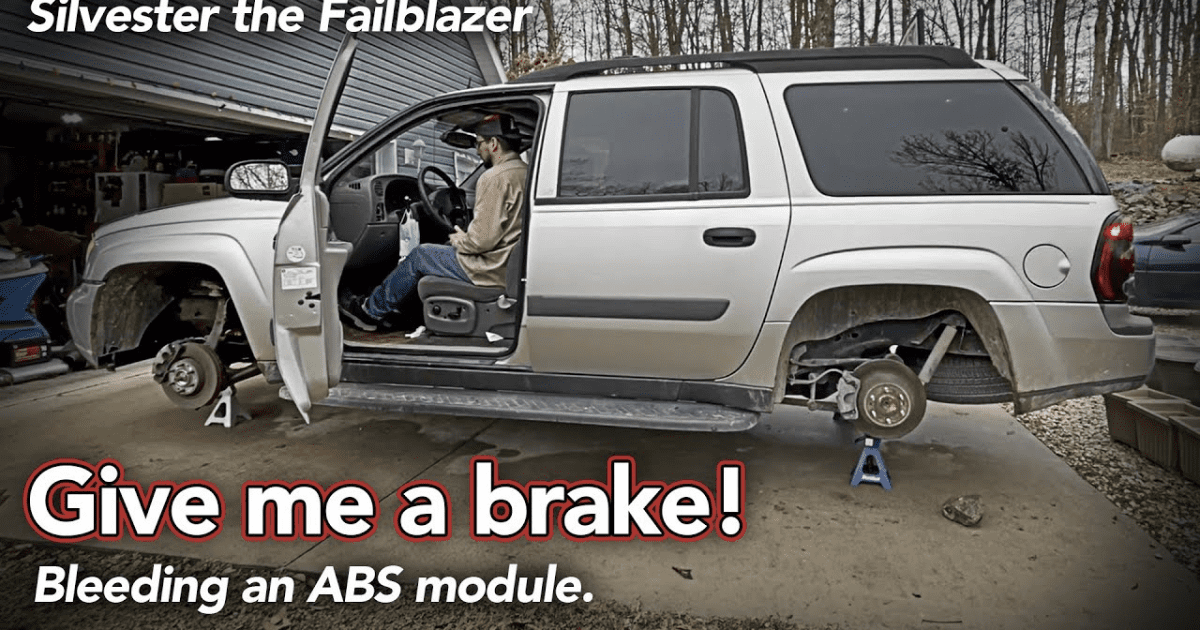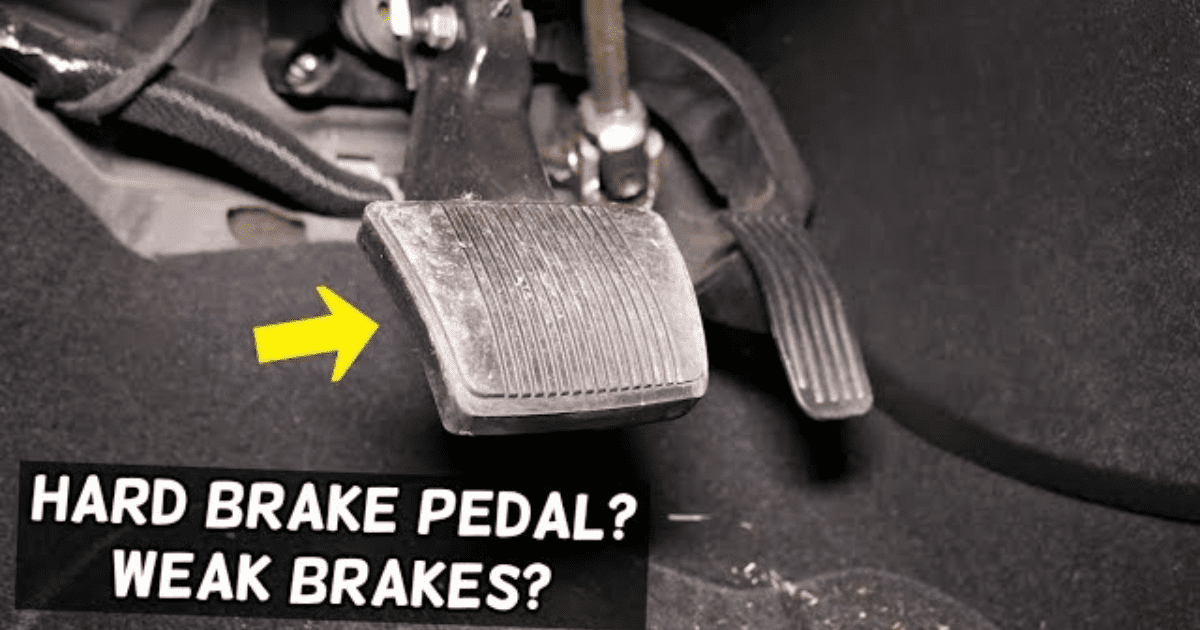The Anti-lock Braking System (ABS) plays a crucial role in ensuring your safety while driving. This blog post provides an in-depth look at how ABS works, focusing on its ability to adapt and prevent wheel lock-up. By understanding the mechanics behind ABS, you can gain valuable insights into your vehicle’s braking system and enhance your overall driving experience.
How ABS Works: A Step-by-Step Breakdown
- ABS Sensors: ABS utilizes sensors placed on each wheel to monitor their rotational speed.
- Wheel Speed Comparison: The ABS control module constantly compares the speed of each wheel. If it detects a significant difference in speed between wheels, it indicates a potential wheel lock-up situation.
- Hydraulic Control: When a wheel lock-up is detected, the ABS control module activates a hydraulic system connected to the brakes.
- Brake Pressure Modulation: The hydraulic system rapidly modulates the brake pressure to the affected wheel(s) by releasing and reapplying the brake pressure. This action is done through solenoid valves in the hydraulic unit.
- Pulsating Brake Pressure: By rapidly modulating the brake pressure, the ABS prevents the wheels from fully locking up. It allows the driver to maintain steering control and maneuverability while braking.
- Anti-lock Effect: The rapid pressure modulation creates a pulsating effect felt through the brake pedal. This indicates that the ABS is actively working to prevent wheel lock-up.
- Continuous Monitoring: The ABS system continuously monitors the wheel speeds, making adjustments as necessary to ensure optimal braking performance.
Why is ABS Important?
By preventing wheel lock-up and maintaining traction with the road surface, the ABS enhances braking efficiency and control, particularly in emergency or slippery situations. It allows the driver to steer while braking, reducing the risk of skidding and improving overall safety.
Why is Your Car Shaking When You Brake at High Speeds?
If your car is shaking when you brake at high speeds, it could be due to several reasons, such as warped rotors or unevenly worn brake pads. However, it could also be an indication that your ABS is malfunctioning. In this case, it is essential to have your vehicle inspected by a professional to diagnose and address the issue.
Conclusion
Understanding the intricacies of the Anti-lock Braking System (ABS) can provide valuable insights into how your vehicle’s brakes work and enhance your overall driving experience. By preventing wheel lock-up and maintaining traction with the road surface, ABS plays a crucial role in ensuring your safety while driving, particularly in emergency or slippery situations. If you experience any issues with your ABS, it is essential to have your vehicle inspected by a professional to diagnose and address the problem.




